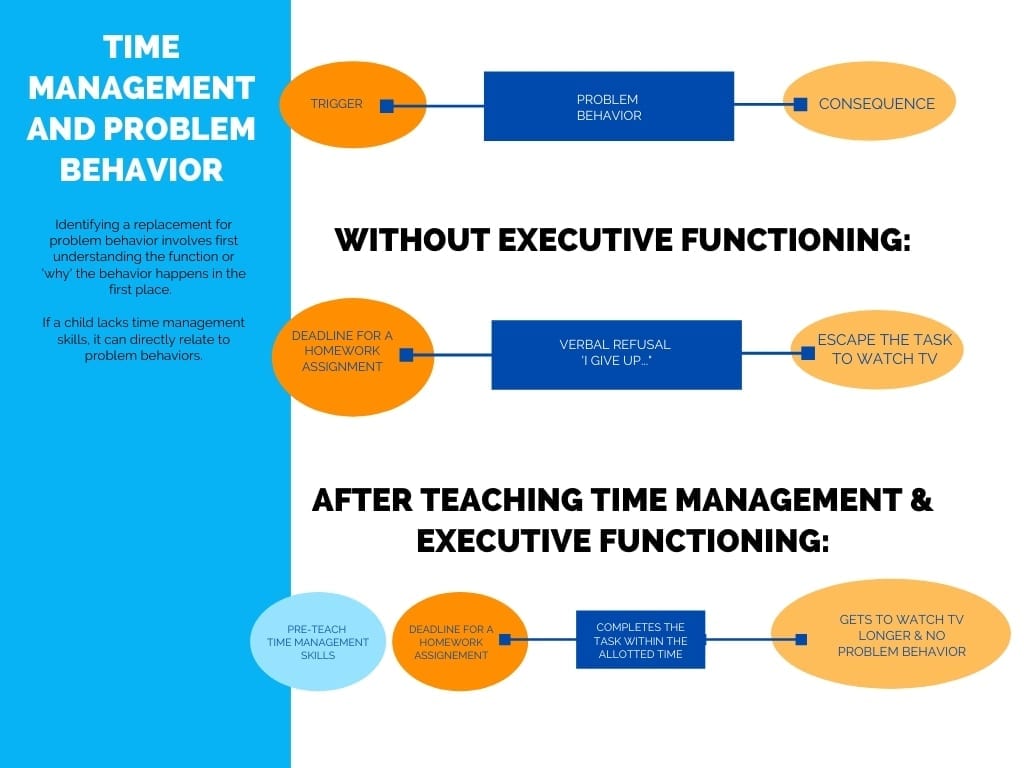
There are various degrees available in the field of human resources. There are three options for degrees in human resources: a Bachelor's, Master's or doctoral. HR professionals are expected to have either a Bachelor's Degree or a higher level degree. An Associate degree can also help you find a job in this field.
Bachelor's degree
For people working in human resources, the online bachelor's in human resources management is a great choice. You can learn from home and not have leave your job to take classes online. You can also complete your coursework whenever it is convenient for you. An online program for human resources management includes courses in economics, management, and ethics.
A bachelor's in human resources usually takes four years. The course covers introductory, intermediate and advanced material. The program usually includes a capstone or internship. A master's degree is a great way to further your career. A master's degree in human resource management can lead to higher-level positions.

Master's degree
A master's in human resource management can prepare you for a variety roles. The degree program covers the fundamentals of human resources management. You can also choose elective coursework that is relevant to your professional goals. A small class size ensures that you receive personalized attention from your professors. Depending on your schedule you may be able to complete your degree within two years.
A Master's degree is an investment in your future career. Although not required for employment in this field it can enhance your skills and increase earning potential. Numerous universities offer graduate certificates on HR. These certificates allow you to increase your knowledge and skills while not having to complete a degree. Many employers offer additional training to employees.
Doctoral degree
You can become a skilled leader by earning a doctoral degree in human resource management. You will learn how to manage people, teams and the entire organization. In addition, you'll learn about how to motivate your workforce and analyze business data, both qualitatively and quantitatively. Learn how to analyze people, organizations and make sound decisions to increase organizational effectiveness.
Many online programs offer Doctoral Degrees in Human Resources. To ensure high-quality education, it is important to choose an accredited institution. This will ensure that your degree is recognized by a third party and allow you to access federal financial aid. Accreditation agents are private organizations that require educational institutions meet certain standards.

Associate degree
An associate degree is possible in human resources. This will allow you to gain the skills required to succeed in this profession. A HR professional must be able organize and manage a group. They also need to be able to communicate with employees and resolve problems. They should also be familiar with basic employment laws. They also need to understand the relationship between an employer and an employee, and the impact of collective bargaining agreements and unions.
Online Associate degrees in human resources are available for those who want to work in companies. Many programs offer financial support for students with financial need. Some scholarships and grants may be available to you from outside sources. You can also check with your employer about workplace-based aid. Companies will offer partial or whole rides to employees with relevant work experiences.
FAQ
How does Six Sigma work?
Six Sigma uses statistical analysis to find problems, measure them, analyze root causes, correct problems, and learn from experience.
The first step in solving a problem is to identify it.
Next, data is collected and analyzed to identify trends and patterns.
Then, corrective actions can be taken to resolve the problem.
The data are then reanalyzed to see if the problem is solved.
This cycle will continue until the problem is solved.
What role should a manager play within a company
Different industries have different roles for managers.
Managers generally oversee the day-today operations of a business.
He/she is responsible for ensuring that the company meets all its financial obligations and produces the goods or services customers want.
He/she ensures employees adhere to all regulations and quality standards.
He/she plans new products and services and oversees marketing campaigns.
What is TQM exactly?
The industrial revolution led to the birth and growth of the quality movement. Manufacturing companies realized they couldn't compete solely on price. To remain competitive, they had to improve quality as well as efficiency.
Management realized the need to improve and created Total Quality Management, which focused on improving all aspects within an organization's performance. It included continual improvement processes, employee involvement, customer satisfaction, and customer satisfaction.
What are the steps involved in making a decision in management?
Managers have to make complex decisions. It involves many factors, such as analysis and strategy, planning, execution, measurement, evaluation, feedback etc.
Management of people requires that you remember that they are just as human as you are, and can make mistakes. You can always improve your performance, provided you are willing to make the effort.
This video will explain how decision-making works in Management. We discuss the different types of decisions and why they are important, every manager should know how to navigate them. These topics are covered in this course:
How can we create a culture of success in our company?
A positive company culture creates a sense of belonging and respect in its people.
It's built on three fundamental principles:
-
Everyone has something to contribute
-
People are treated with respect
-
Individuals and groups can have mutual respect
These values reflect in how people behave. They will treat others with consideration and courtesy.
They will respect other people's opinions.
They will also encourage others to share their ideas and feelings.
The company culture promotes collaboration and open communication.
People feel comfortable expressing their opinions freely without fear of reprisal.
They know that they will not be judged if they make mistakes, as long as the matter is dealt with honestly.
Finally, the company culture promotes honesty and integrity.
Everyone understands that the truth is always best.
Everyone understands there are rules that they must follow.
No one is entitled to any special treatment or favors.
Statistics
- Your choice in Step 5 may very likely be the same or similar to the alternative you placed at the top of your list at the end of Step 4. (umassd.edu)
- The profession is expected to grow 7% by 2028, a bit faster than the national average. (wgu.edu)
- UpCounsel accepts only the top 5 percent of lawyers on its site. (upcounsel.com)
- 100% of the courses are offered online, and no campus visits are required — a big time-saver for you. (online.uc.edu)
- Our program is 100% engineered for your success. (online.uc.edu)
External Links
How To
How can you create a Quality Management Plan, (QMP)?
QMP (Quality Management Plan), introduced in ISO 9001,2008, provides a systematic method for improving processes, products, or services through continuous improvement. It is about how to continually measure, analyze, control, improve, and maintain customer satisfaction.
QMP is a common method to ensure business performance. QMP is a standard method that improves the production process, service delivery, customer relationship, and overall business performance. QMPs must include all three elements - Products, Services, and Processes. The QMP that only addresses one aspect of the process is called a Process QMP. QMPs that focus on a Product/Service are known as "Product" QMPs. The QMP that focuses on customer relationships is known as the "Customer" QMP.
Two main elements are required for the implementation of a QMP. They are Scope and Strategy. These elements can be defined as follows.
Scope: This defines what the QMP will cover and its duration. For example, if you want to implement a QMP that lasts six months, then this scope will outline the activities done during the first six.
Strategy: This is the description of the steps taken to achieve goals.
A typical QMP is composed of five phases: Planning Design, Development, Implementation and Maintenance. Each phase is explained below:
Planning: In this stage, the objectives of the QMP are identified and prioritized. All stakeholders involved in the project are consulted to understand their requirements and expectations. Next, you will need to identify the objectives and priorities. The strategy for achieving them is developed.
Design: During this stage, the design team develops the vision, mission, strategies, and tactics required for the successful implementation of the QMP. These strategies are put into action by developing detailed plans and procedures.
Development: Here, the team develops the resources and capabilities that will support the successful implementation.
Implementation: This involves the actual implementation of the QMP using the planned strategies.
Maintenance: This is an ongoing process to maintain the QMP over time.
Additional items must be included in QMP.
Stakeholder involvement is important for the QMP's success. They need to be actively involved in the planning, design, development, implementation, and maintenance stages of the QMP.
Project Initiation: It is essential to have a clear understanding about the problem and the solution before you can initiate a project. In other words, the initiator needs to know why they want to do something and what they expect from the outcome.
Time frame: It is crucial to know the time frame for the QMP. For a short time, you can start with the simple version of the QMP. For a long-term commitment you may need more complicated versions.
Cost Estimation: Cost estimation is another vital component of the QMP. Without knowing how much you will spend, planning is impossible. Before you start the QMP, it is important to estimate your costs.
QMPs are not only a document, but also a living document. This is the most important aspect of QMPs. It is constantly changing as the company changes. It should therefore be reviewed frequently to ensure that the organization's needs are met.